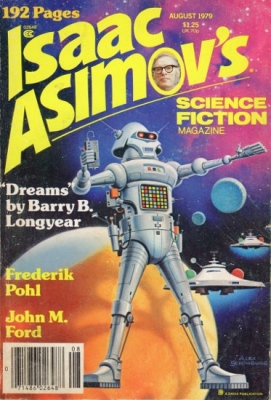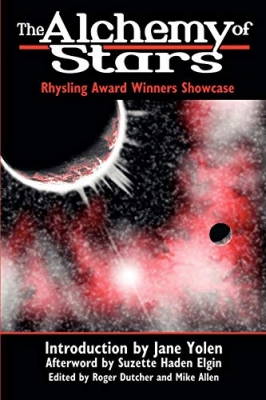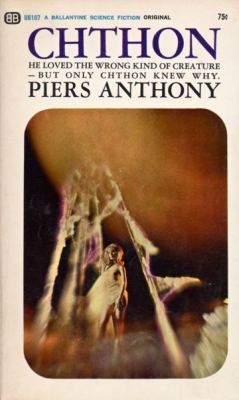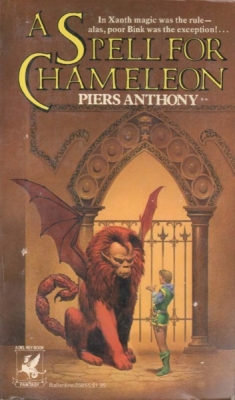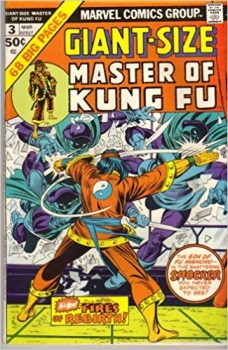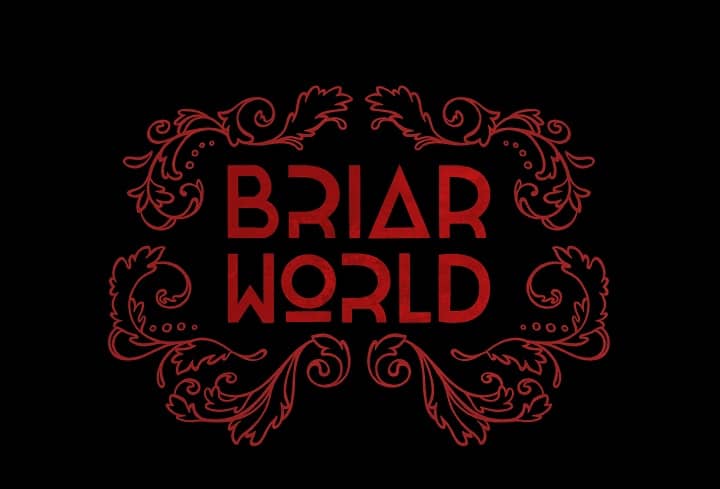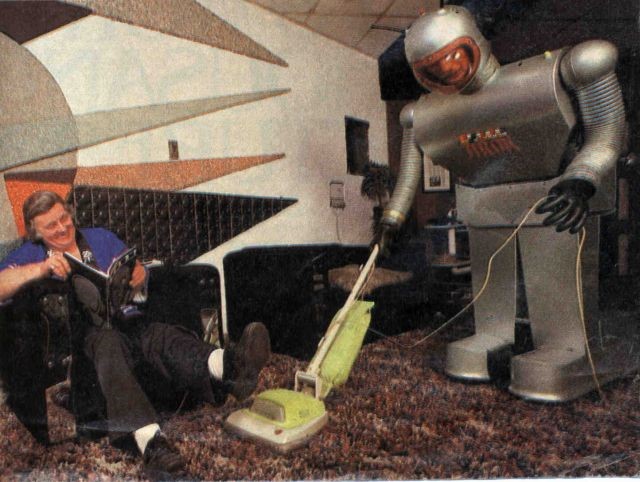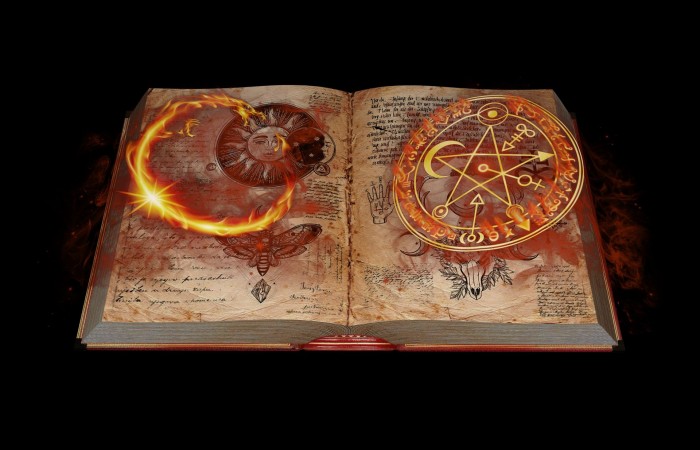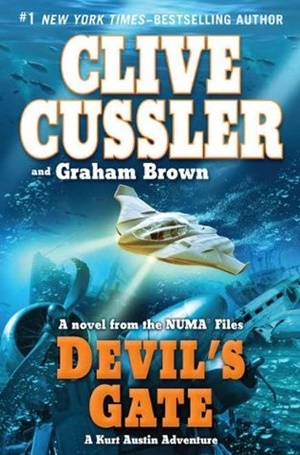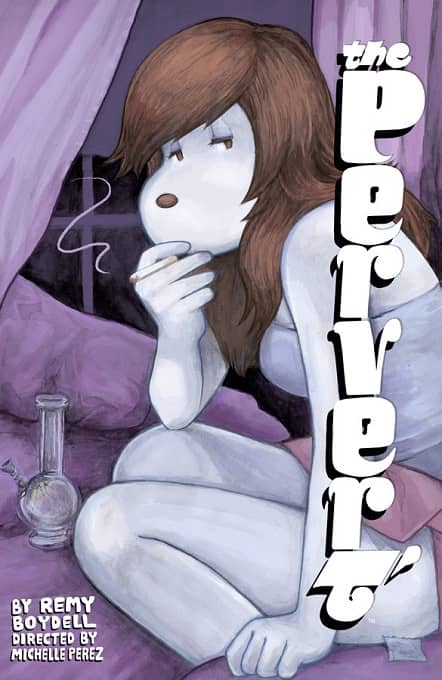Going Postal with Terry Pratchett (and David Suchet)
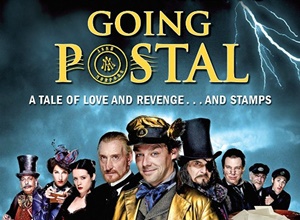 I think that the late Terry Pratchett was an elite satirist. He used humor in a fantasy world as the vehicle, which probably causes many to dismiss how good he was at writing satire. I’m a huge fan of the Discworld books, and I’ve written a post on the City Watch, and one on Troll Bridge, a short story featuring Cohen the Barbarian. I think an overview of the Discworld series would be a worthy post here someday.
I think that the late Terry Pratchett was an elite satirist. He used humor in a fantasy world as the vehicle, which probably causes many to dismiss how good he was at writing satire. I’m a huge fan of the Discworld books, and I’ve written a post on the City Watch, and one on Troll Bridge, a short story featuring Cohen the Barbarian. I think an overview of the Discworld series would be a worthy post here someday.
Moist Von Lipwig is the protagonist of three Discworld novels: Going Postal, Making Money, and Raising Steam. In his first appearance (Going Postal), Von Lipwig is a con man who is finally captured and hung. Actually, he was only hung to within half an inch of his life. Lord Vetinari, the Lord Patrician of Discworld’s biggest city, Ankh-Morpork, I think that Vetinari is one of the best fictional rulers ever created.
Vetinari wants to reopen the city’s Post Office; an establishment that had essentially collapsed under its own weight – and greed. He gives Lipwig the choice of walking out a door (which the nearly dead man discovers opens onto an almost bottomless pit) or reviving the post office. Lipwig, who figures he can con his way out of things, reluctantly takes the job. There are, of course, many hurdles, including a golem named Pump 13 who ensures that he is not going to run away.
The Clacks are network of semaphore towers, that is Discworld’s pre-eminent communications network, with some internet overtones. The post office is brought back to compete with the unreliable, monopolized Clacks.
That’s the groundwork, and from here on in I’ll discuss the miniseries, which does differ from the book a fair amount, though it’s still faithful to Pratchett’s work. The Clacks is run by Reacher Gilt, played deliciously by David Suchet, the personification of Agatha Christie’s fat Belgian detective, Hercule Poirot (who you read about HERE, of course…). With long hair, an eyepatch, and evil to the core of his larcenous heart, Suchet gets to have fun with the character. The character is a bit more serious in the book, but Suchet’s portrayal works for the movie.
